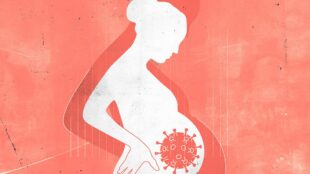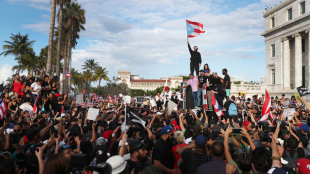Twin Crises – Abortion During Covid-19
(Source) Limited access to healthcare during the COVID-19 pandemic severely curtailed the ability of pregnant persons to access abortion services. At a time when abortion access was especially critical, mobility and quarantine measures were widely used as pretenses to delay services. Under the guise of protecting frontline workers, saving PPE kits, and allowing only essential medical services to continue, legislators imposed several crackdowns to restrict abortion that, in fact, had failed to address the concerns raised in the first place. Given abortion’s time-sensitive nature, this further exacerbated existing inequalities within society in terms of race and socio-economic status, and created a vacuum for essential services that were of utmost importance to basic health care. I. Curtailing Abortion During a Pandemic During the growing COVID-19 crisis, it became evident that the United States had a serious lack of PPE kits available for use while treating patients. To efficiently address the issue, several state governments announced a temporary halt of elective health care activities. Some states, like Alabama, issued a very basic executive order that asked people to postpone their elective health care procedures. Other states chose to define “elective” services, providing examples of procedures considered elective by the state, [read more]



